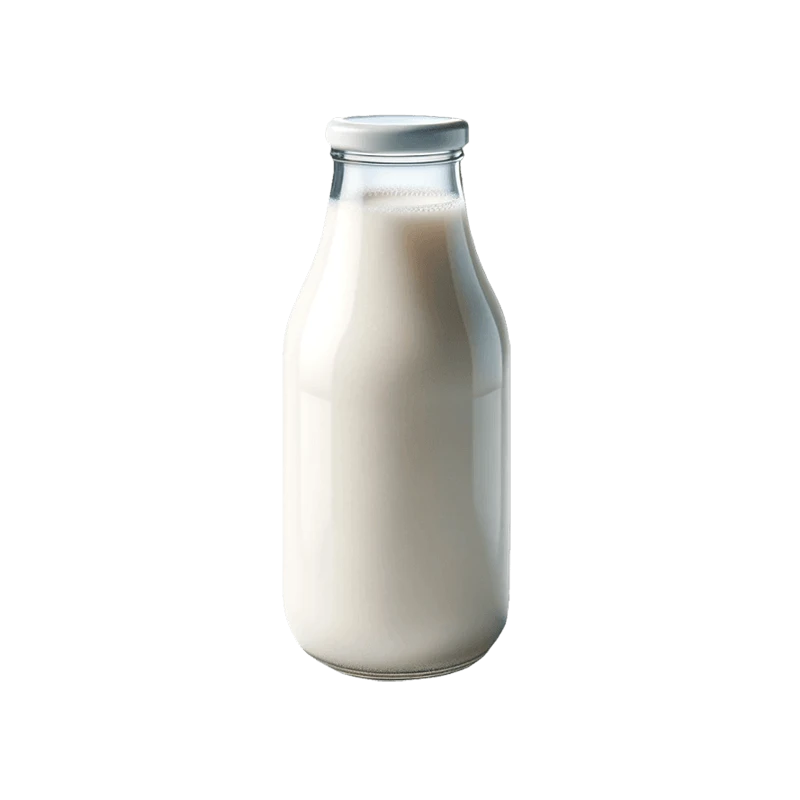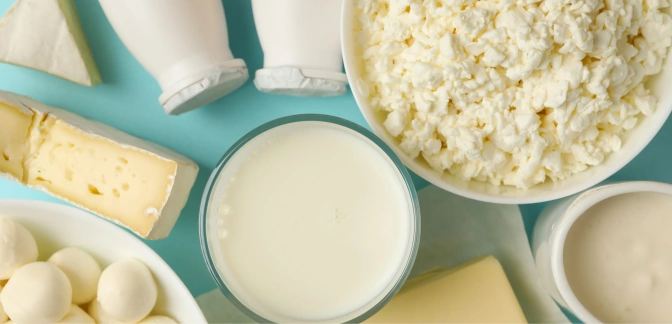Coconut Milk — Nutrients, Health Benefits, And Shopping Tips

Written by Listonic Team
Last update on September 4, 2024
Nutrients
Nutrition facts
Amount per 100 g
Calories
🔥 230 kcal
| Nutrition per: 100 g | Value | % Daily Value* |
|---|---|---|
| Carbs | 6 g | 2.18% |
| Fiber | 2 g | 7.14% |
| Sugars | 3 g | 6% |
| Glycemic Index | 40 | - |
| Protein | 2 g | 4% |
| Sodium | 15 mg | 0.65% |
| Total Fat | 24 g | 30.77% |
*The % of Daily Value (DV) tells you how much a nutrient in a serving of food contributes to a daily diet. 2,000 calories a day is used for general nutrition advice.
40
🟢 Low Glycemic Index
6 g
⬇️ Low Carb Content
Key takeaways
Health benefits
- Rich in healthy fats, particularly MCTs, which provide a quick source of energy and may support metabolism.
- Dairy-free alternative, making it suitable for those with lactose intolerance or dairy allergies.
- Contains essential vitamins and minerals such as manganese, copper, and iron, which support overall health and well-being.
- May support heart health by improving cholesterol levels when consumed in moderation.
Health risks
- High saturated fat content which can contribute to increased cholesterol levels and raise the risk of heart disease when consumed in large quantities.
- High calorie content which can contribute to weight gain if consumed frequently or in large portions, especially in dishes with other calorie-dense ingredients.
- Potential for allergic reactions in individuals allergic to coconut, causing symptoms like itching, swelling, or difficulty breathing.
- Risk of digestive discomfort such as bloating or diarrhea when consumed in large amounts, particularly in those not accustomed to high-fat foods.
How to choose coconut milk
Look for coconut milk that has a creamy consistency and a pure white color. It should not have any separation or lumps when opened. Examine the ingredients list for any unnecessary additives, preferring those with the fewest ingredients.
Avoid coconut milk that contains emulsifiers or artificial preservatives, as these can affect the taste and health benefits. Quality coconut milk should enrich dishes with its creamy texture and tropical flavor.

How to store coconut milk
Unopened coconut milk should be stored in a cool, dark place. After opening, transfer it to an airtight container and refrigerate. Properly stored, opened coconut milk can last up to five days.
Leaving coconut milk exposed to air can cause it to spoil quickly. Avoid storing it in the original can after opening, as this can affect its flavor. Shake well before use to ensure a smooth consistency, as it can separate over time.
✅ Extra Tip
How long does it last?
Coconut milk can last for 1-2 years unopened when stored in a cool, dark place. Once opened, it should be refrigerated and used within 7-10 days. For longer storage, coconut milk can be frozen for up to 2-3 months.
What to do with leftovers?
Leftover coconut milk can be used in a variety of dishes, both sweet and savory. Use it as a base for a curry with vegetables and protein, or add it to soups like a creamy Thai coconut soup. Coconut milk is also great in smoothies, where it adds a rich, tropical flavor.
Use coconut milk in baking as a substitute for dairy milk in cakes, muffins, or pancakes, or mix it into a rice pudding for a creamy dessert. If you have a lot of coconut milk, consider using it in a coconut ice cream or sorbet for a cooling treat. Coconut milk can also be used to make a coconut sauce for fish or chicken, or blended into a sauce for pasta. For a quick snack, try making a chia seed pudding with coconut milk, chia seeds, and your favorite sweetener.
👨⚕️️ Medical disclaimer
Discover products from other categories
Listonic Team
Fact-checked
Our editorial team checked this article to make sure it was accurate at the time of publishing it.
Get the top-rated shopping list app

coconut milk
1 piece







